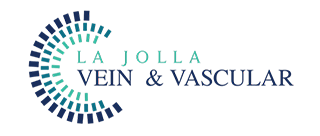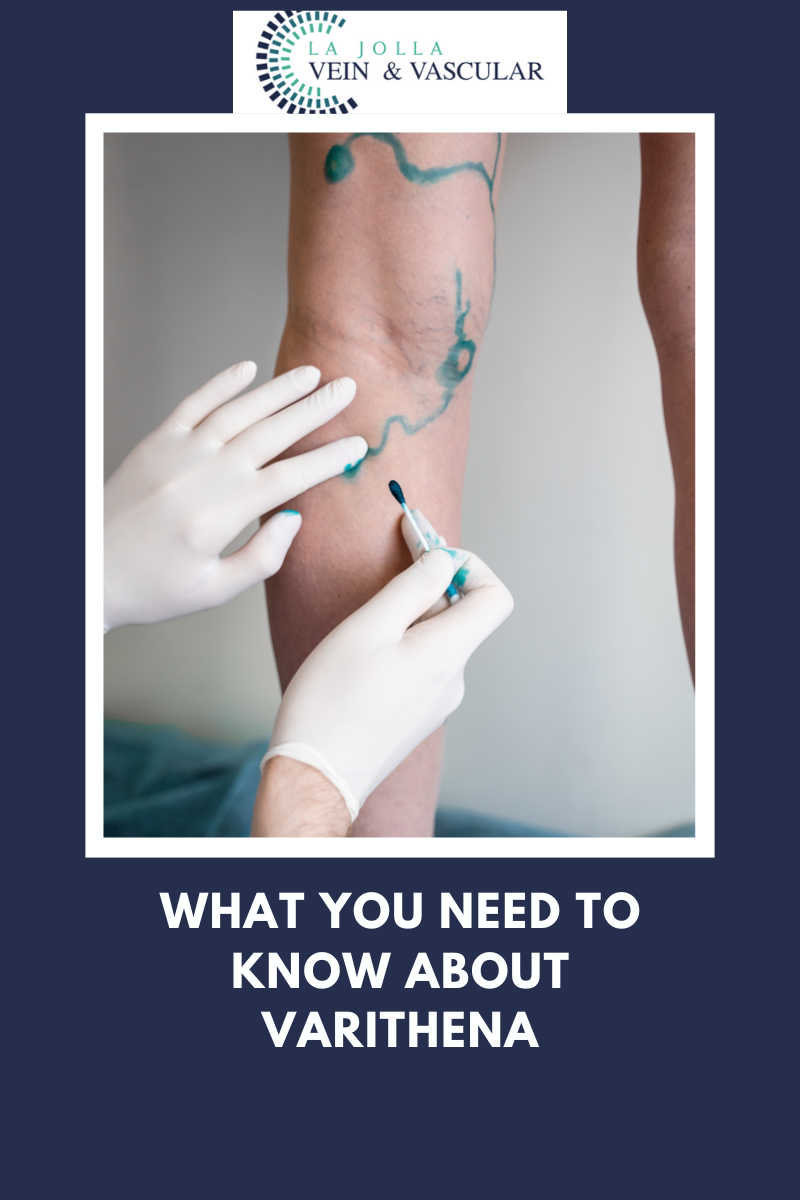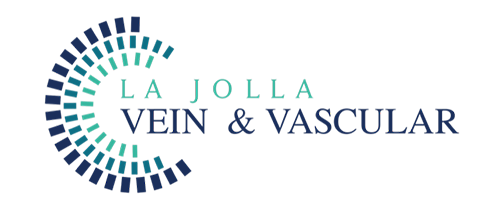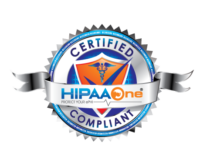Uterine Fibroids: what you need to know
LJVascular2022-10-24T12:48:30-07:00Millions of women around the world are affected by the development of uterine fibroids each year. While it is not a life-threatening condition in itself, the symptoms and potential complications that come with it make it such a pressing medical concern for affected individuals.
As only women will usually possess a uterus, […]












